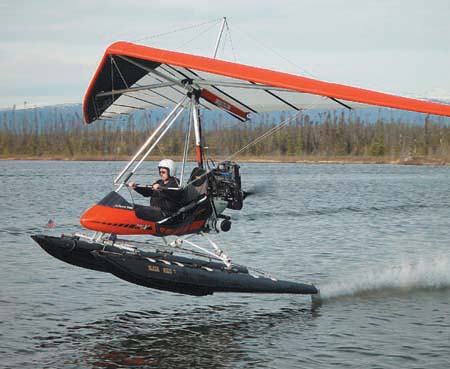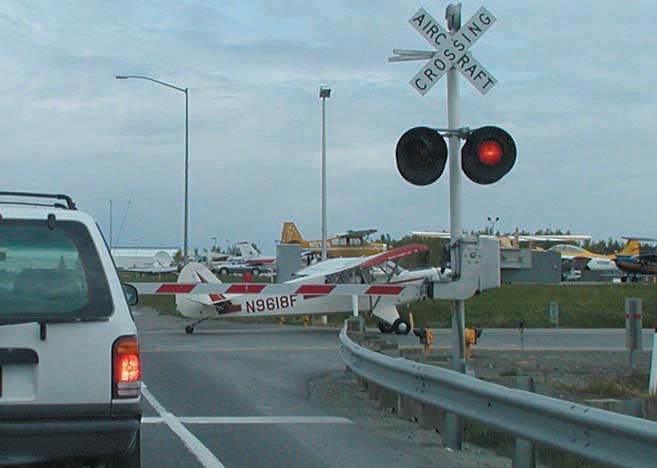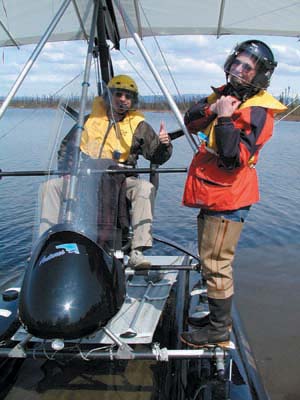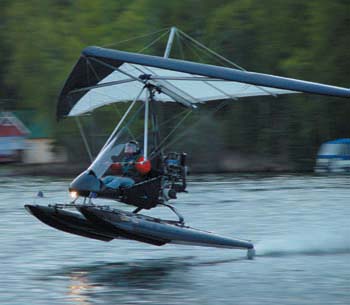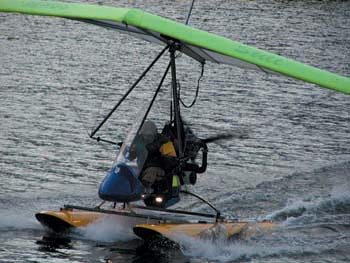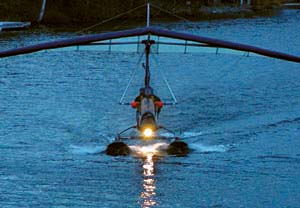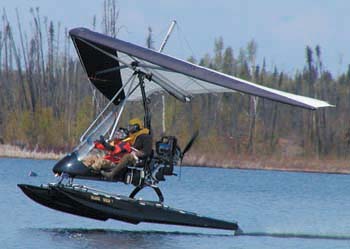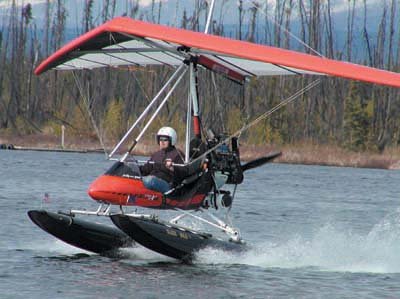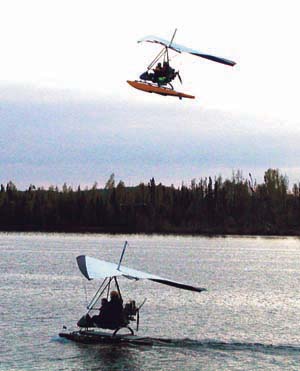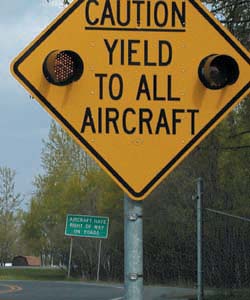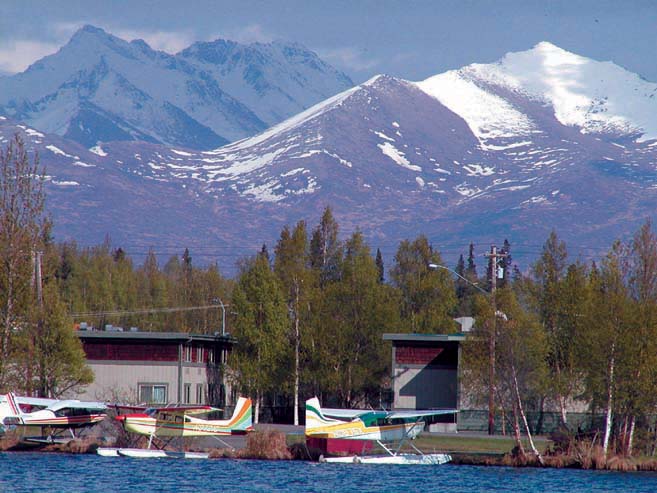
A Trip to Alaska Unearthed a Hotbed of Ultralight Activity. Alaska’s facts are amazing. Most everyone knows that the sun stays up incredibly late-in the northern oil fields of Prudhoe Bay it doesn’t set for three months! But did you also know the daily tidal change amounts to a whopping 38 feet? More on point for an aviation magazine, Alaska boasts the highest concentration of pilots anywhere in the U.S. and probably the world. While the lower 48 states contain about one pilot in 500 among the general population, Alaska has one in 47. Even more astonishing is airplane ownership. One out of every 53 residents owns an airplane. In the contiguous United States, that figure is closer to one in 1400. In Alaska, nobody complains about airplane noise. No wonder-with a physical size about half of the contiguous U.S., the state has only 13 highways, three of which are gravel.



